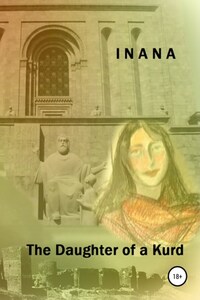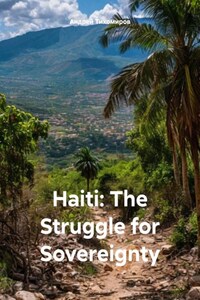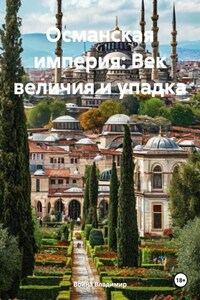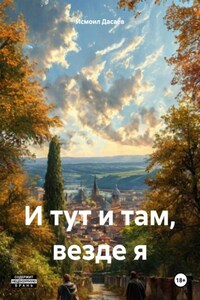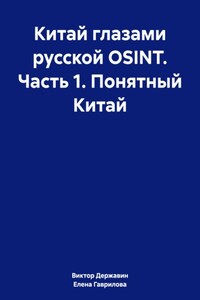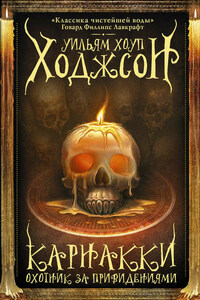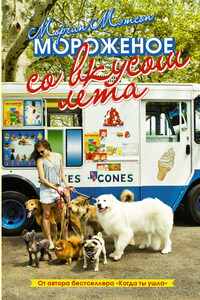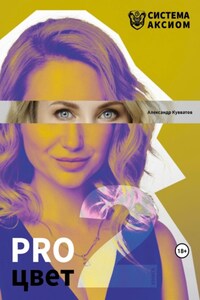Anahit absentmindedly took the record-book and gave an excellent mark to the student even without listening through his answer. The academic tranquility and restraint from the vanity of daily routine seemed to have nothing to do with the chaos, spreading all across the country, following the harsh hurricane of the ‘’perestroika’’ and the wild outburst of the natural disaster. The towns of Leninakan and Spitak were lying in ruins, having buried hundreds of children and adults underneath; thousands of refugees from Azerbaijan flooded the hostels and hotels, plus the collapse of power- this was exactly what an Apocalypse seemed to look like.
After the exam she entered the chair which was full of lecturers, talking about the only way of escaping from the crisis: to immigrate. To flee far away from the country which was groaning in pain? It is one thing to participate in peaceful protests and yell about Gorbachev’s corruptibility, yet it is quite another thing to keep staying on board the sinking political vessel which had been shaken by the storm of their prayers.
Anahit, who used to be a quite person, suddenly interrupted her colleagues:
‘Everyone must live in their own country; build houses in their homeland, plant flowers around and learn how to protect it from those, who are eager to make use of what others have provided. My parents were forced from their houses by force, but now you are abandoning it on your own will. The street I live on is almost deserted now. Every second house is for sale. Everybody deserts the sinking ship just like rats do. Can’t you see that without your homeland you are no more than unwelcome homeless tramps wherever on Earth you go? Can’t you see that the only free cheese is in the mouse trap, for the time will come to pay for the "refugee welfare"? And you’ll have to pay with your children’.
Nobody objected. There had always been a wall of misunderstanding between her colleagues- Soviet people, born and raised in Soviet Armenia, and her- a newly arrived Syrian Armenian. Lots of Armenians found shelter in Syria after the Armenian Genocide of 1915 in Turkey. However, the attacks of immensely heartbreaking homesickness could be cured neither with the cordial hospitality of the Arabs (they rescued Armenians in the desert, thus giving the Genocide victims an opportunity to survive), nor with the possibility to migrate to the West. The survivors of the Genocide themselves and their children visited Soviet ‘Hayastan’ (Armenia’s self-name) and starts to love it as Armenia. And they couldn’t understand the attitude of those who were lucky enough to be born here and to escape the fate of Western Armenians.
‘Just take a look at the Baku Armenians. I wonder if their experience wasn’t an example for the rest.’
The somber silence deepened. In January, 1990, the news about wildfires with Armenian people, set on fire on the streets of modern and industrialized Baku, shocked the whole world. That was the second time, after the Sumgait pogrom, that the Popular Front successfully carried out its operation on the deportation of Armenians, at the same time offering a ferocious armed resistance to military units of Soviet Army which belatedly tried to introduce order in the city, flooded with blood and driven mad by medieval horrors.
Anahit handed in the examination records and hurried home to dive into housework and get rid of anxious thoughts for а while. She had a degree in Turkish studies. Her mother had insisted on it. She had been talking to her daughter in Turkish since the early childhood and kept repeating every time: ‘You must know this language. One day you will return there. You shall. Then the others shall return too.’
Anahit’s father and mother were among the hundreds of Genocide survivors, unlike the million of Armenians that were sentenced to death by the Turks. Anahit’s mother Shekhnaz (as the second child in an Armenian family, she had to receive a Turkish name) was four years old at that time, and remembered well how some armed soldiers forced them out of their house, made them stand in a line and announced that they were going to ‘convoy’ them to Aleppo. The ‘convoy’ of the raw in which Shekhnaz and her mother were lined up (her father and brother had been separated from them since the very beginning), was over as they reached the outskirts of Diyarbakir. There the defenseless women and children were attacked by gangs of marauders which were specially formed for this occasion, with the active participation of ‘chetens’– descendants of immigrants from the South Caucasus. With the gendarmes’ laughter and cheerful exclamations, the marauders tore off the clothes of the miserable victims and beat them with war hammers: those actions were their main lucre, for they gave the money and gold to Turks. The look in their eyes never conveyed even the least sympathy: being the ancestors of those who now expatiate on the freedom of ‘their’ nation, they themselves ruthlessly deprived a whole nation of its right to exist- a nation that had inhabited this land since the formation of the Earth’s crust.
Shekhnaz’s mother was right in the middle, so in the twinkle of an eye she herself tore her clothes off and collapsed to the ground, shielding her child with her body. Almost immediately they found themselves covered by a pile of bloody bodies. They were lucky; they remained unnoticed when the Turks were passing by the dead bodies to deal the final blow to the survivors of the massacre. Within a few hours Shekhnaz’s mother heard some people cursing the killers. Those were some beggars that had come in hope of picking up something. That was when she made herself heard and the beggars took her and the child with them. Some months later Shekhnaz’s mother took every precaution to hand her daughter to a Greek monastery under cover of night. From time to time she visited her daughter together with an elderly beggar woman. However, once the beggar woman came alone. Hiding her wet eyes she gave Shekhnaz some coins and told her that her mother had found a job far away, and she would not be able to visit her any more. Shekhnaz never saw her mother again. She was sent away from the monastery to find shelter in an orphanage for Armenian children in Syria. She survived, grew up and got married with Mushegh- an Armenian orphan like her. That was the story her parents used to tell her.
Their family moved from Syria to Armenia in the early 60-s. They settled in the town of Ararat. Besides Anahit, they also had two sons. Her father would repeat over and over again that he had named his daughter after his mother. His survival story could as well make one’s blood curdle; it was a quite typical one.
